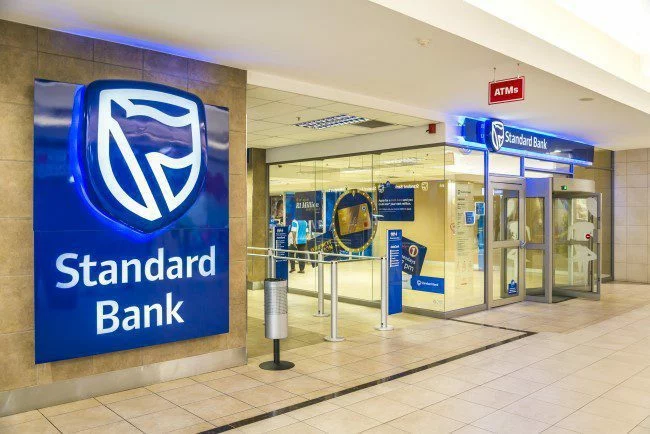The Competition Appeal Court of South Africa has dismissed the cases against some of the 28 banks that were accused of rand manipulation.
The Competition Commission, which initiated the case in 2015, alleged that the banks colluded to manipulate the dollar/rand foreign exchange rate, thereby contravening the Competition Act of 1998.
The lengthy and challenging legal process commenced in April 2015 when the commission investigated a case of price fixing and market allocation in the trading of foreign currency pairs involving the rand.
The commission accused 19 banks of alleged misconduct involving price-fixing and market division that violated sections of the Competition Act.
Absa, Standard Bank cited
In February 2017, the commission referred to the tribunal for prosecution a collusion case against Bank of America Merrill Lynch International Limited, BNP Paribas, JP Morgan Chase & Co, JP Morgan Chase Bank N.A, Investec, Standard New York Securities, HSBC Bank, Standard Chartered, Credit Suisse Group, and Standard Bank.
Other banks included Commerzbank, Australia and New Zealand Banking Group Limited, Nomura International, Macquarie Bank, Absa, Barclays Capital, and Barclays Bank.
In June 2020, the commission submitted a comprehensive referral affidavit to address previous deficiencies noted by the tribunal and the court.
This affidavit asserted that between September 2007 and September 2013, the respondent banks were involved in a unified conspiracy aimed at manipulating rand/dollar currency trading through price-fixing and market segmentation.
Commission’s allegations
The commission’s claims were based on extensive communication picked up among traders from different banks who competed with each other.
The communication is said to have occurred through Bloomberg chatrooms.
The commission argued that the frequent and consistent communication made it easier for banks to manipulate the rand/dollar currency pair, resulting in artificially inflated prices for buyers and reduced prices for sellers of the rand.
The tribunal dealt with the commission’s assertion that there existed a single overarching conspiracy (SOC) involving both foreign and local banks rather than multiple separate conspiracies as some respondent banks suggested.
Ultimately, it concluded that the commission’s referral provided enough alleged facts to establish a prima-facie case of a SOC.
This in turn established sufficient connecting factors for personal jurisdiction over all the banks involved.
The judgement
The court ruled in favour of several South African banks, including Standard Bank Group Ltd., Nedbank Group Ltd., and FirstRand Ltd., as well as most of the foreign banks that were implicated in the allegations.
It dismissed the cases against these banks due to procedural issues and insufficient evidence to demonstrate a SOC as alleged by the commission.
In the judgment delivered on Monday, the court found that there was not enough evidence and that the commission overstepped its authority in some cases.
Committed to the rule of law
In a subsequent statement, Standard Bank welcomed the court’s decision and affirmed its commitment to the rule of law and South Africa’s constitutional democracy.
“The Competition Appeal Court handed down its judgment on 8 January 2024 which accepted the bank’s incontrovertible evidence over a period of seven years that it had not been party to an international conspiracy to manipulate trading in the dollar/rand currency pair and consequently held that the Competition Commission’s complaint in that regard is dismissed,” said Standard Bank in a statement.
“Standard Bank has always maintained that the group is wholly committed to the rule of law, respects the important role of institutions, and upholds South Africa’s constitutional democracy and our constitutional obligation to ensure that our country improves the quality of life of all citizens.
“In its ruling, the court concluded that the case against Standard Bank ‘does not get out of the legal starting blocks’.
“Standard Bank remains committed to supporting the work of regulators, including the Competition Commission.
“Standard Bank reiterates its belief in and respect for South Africa’s institutions generally and its well-functioning and sound judicial system.”



